Remote Sensing Image Prediction of Water Environment Based on 3D CNN and ConvLSTM
DOI: 10.23977/geors.2022.050105 | Downloads: 19 | Views: 1865
Author(s)
Li Wang 1, Wenhao Li 1, Xiaoyi Wang 1,2, Jiping Xu 1, Zhiyao Zhao 1, Jiabin Yu 1, Huiyan Zhang 1, Qian Sun 1, Yuting Bai 1
Affiliation(s)
1 Beijing Laboratory for Intelligent Environmental Protection, Beijing Technology & Business University, Beijing, China
2 Beijing Institute of Fashion Technology, Beijing, China
Corresponding Author
Wenhao LiABSTRACT
The current research on cyanobacterial bloom prediction is mainly conducted by collecting data in the field and sending them to the laboratory for analysis to obtain water quality data, this method is affected by the weather and does not show the whole water information. Remote sensing images have been used more and more in water bloom prediction due to their high accuracy and convenient acquisition methods, but the accuracy of existing bloom prediction methods based on remote sensing image is low. To solve this issue, a water bloom prediction model based on convolutional long-short time network and 3DCNN network is proposed in this paper, which can predict the remote sensing images of future time by inputting the remote sensing images of historical time, and the eutrophication level of water body of future time can be obtained by analysing the remote sensing images of future time, and then realize the prediction of cyanobacterial water bloom outbreak. To validate the method proposed in this paper, two-dimensional convolutional neural network and three-dimensional convolutional neural network are used as comparative experiments. The experimental results show that the prediction accuracy of the cyanobacterial bloom prediction model proposed in this paper is significantly better than t other two neural network models, which proves the effectiveness of the method in this paper.
KEYWORDS
water eutrophication, remote sensing image, prediction, convolutional long and short time neural networkCITE THIS PAPER
Li Wang, Wenhao Li, Xiaoyi Wang, Jiping Xu, Zhiyao Zhao, Jiabin Yu, Huiyan Zhang, Qian Sun, Yuting Bai, Remote Sensing Image Prediction of Water Environment Based on 3D CNN and ConvLSTM. Geoscience and Remote Sensing (2022) Vol. 5: 28-39. DOI: http://dx.doi.org/10.23977/geors.2022.050105.
REFERENCES
[1] Zhang JJ, Zhong CH, Deng CG. (2006) Discussion on definition of algal bloom. WATER RESOURCES PROTECTION, 22, 05, 45-47.
[2] W. M. Woelmer, R. Q. Thomas, M. E. Lofton, R. P. McClure, H. L. Wander, 2022, Near-term phytoplankton forecasts reveal the effects of model time step and forecast horizon on predictability. Ecological Applications, 1002, 2642.
[3] C. Y. Wang, Y. U. Yang, Y. K. Sun, L. H. Li, F. X. Kong et al. (2013) The discussion of the early forecasting of cyanobacteria bloom in the lake taihu based on elcom-caedym model. China Environmental Science, 33, 2, 491–502.
[4] X. Y. Wang, J. Jia, T. L. Su, Z. Y. Zhao, J. P. Xu et al. (2018) A fusion water quality soft-sensing method based on wasp model and its application in water eutrophication evaluation. Journal of Chemistry, 2018, 2018.
[5] X. M. Fan, L. X. Song, D. B. Ji, J. K. Shen, and D. F. Liu. (2017) Research on mechanism of algal blooms based on the critical depth theory. Environmental Science Technology, 40, 11, 89–94.
[6] Dillon P J, Rigler F. (1974) The phosphorus‐chlorophyll relationship in lakes 1, 2. Limnology and oceanography, 19, 5, 767-773.
[7] Wang L, Gao C, Wang XY, et al. (2017) Nonlinear dynamics analysis and water bloom prediction of cyanobacteria growth time variation system. CIESC Journal, 68, 3, 1065-1072.
[8] Yan Q, Ma C. (2016) Application of integrated ARIMA and RBF network for groundwater level forecasting. Environmental Earth Sciences, 75, 5, 1-13.
[9] Wang L, Liu ZW, Wu CR, et al (2013) Water bloom prediction and factor analysis based on multidimensional time series analysis. SIESC Journal, 64, 12, 4649-4655
[10] Wu J, Zhu YL, Jin S, et al. (2020) Area prediction of cyanobacterial blooms based on three machine learning methods in Taihu Lake. Journal of Hohai University (Natural Sciences), 48, 6, 542-551.
[11] Liu YX, Wu H. (2018) Water Bloom Early Warning Model Based on Random Fores. YELLOW RIVER, 40,8, 75-77+90.
[12] Wang S, Wang ZH, Feng SL, et al. (2018) The Application of BP Neural Network in Forecasting Algal Blooms of Shanxi Reservoir. SICHUAN ENVIRONMENT, 37, 1, 39-43.
[13] Qi GH, Ma XS, He SY, et al. (2021) Long-term spatiotemporal variation analysis and probability prediction of algal blooms in Lake Chaohu (2009-2018) based on multi-source remote sensing data. Journal of Lake Sciences, 2021, 33, 2, 414-427.
[14] Wang ZF. (2017) Risk assrssment model for algal bloom of open channel based on dynamic Naïve Bayes classifier. South-to-North Water Transfers and Water Science &Technology, 15, 2, 89-94.
[15] Bengio Y, Courville A, Vincent P. (2013) Representation learning: A review and new perspectives. IEEE transactions on pattern analysis and machine intelligence, 35, 8, 1798-1828.
[16] Lecun Y, Bengio Y, Hinton G. (2015) Deep learning. nature, 521, 7553, 436-444.
[17] Delalleau O, Bengio Y. (2011) Shallow vs. deep sum-product networks. Advances in neural information processing systems, 33, 24.
[18] Wang J, Gao ZX, Zhu YM. (2021) Research on Yellow River Water Quality Prediction Based on CNN-LSTM Mode. YELLOW RIVER, 43(05):96-99+109.
[19] Li Y, Zhu Z, Kong D, et al. (2019) EA-LSTM: Evolutionary attention-based LSTM for time series prediction. Knowledge-Based Systems, 181, 104785.
[20] XU JH, Wang JC, Chen L, et al. (2021) Surface water quality prediction model based on graph neural network. Journal of Zhejiang University (Engineering Science), 55, 4, 601-607.
[21] YU JB, Shang FF, Wang XY, et al. (2018) Cyanobacterial bloom forecast method based on genetic algorithm-first order lag filter and long short-term memory network. Journal of Computer Applications, 38, 7, 2119-2123.
[22] Hwang S, Jeon G, Jeong J, et al. (2019) A novel time series based Seq2Seq model for temperature prediction in firing furnace process. Procedia Computer Science, 155, 19-26.
| Downloads: | 1161 |
|---|---|
| Visits: | 124339 |
Sponsors, Associates, and Links
-
International Journal of Geological Resources and Geological Engineering
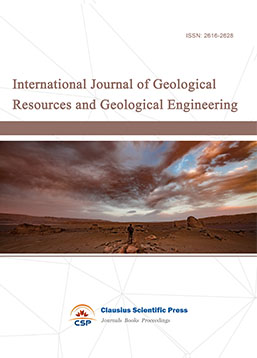
-
Big Geospatial Data and Data Science
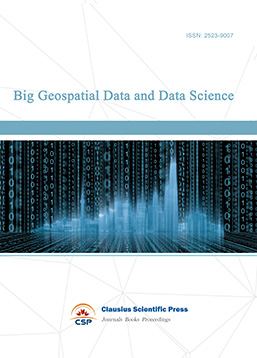
-
Solid Earth and Space Physics
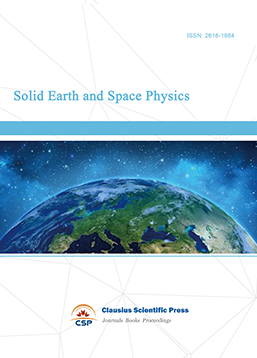
-
Environment and Climate Protection
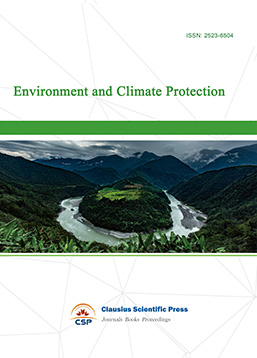
-
Journal of Cartography and Geographic Information Systems
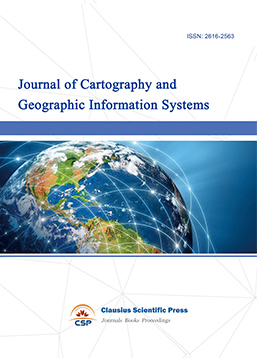
-
Environment, Resource and Ecology Journal
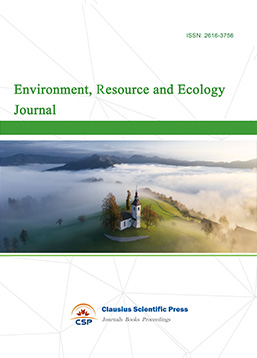
-
Offshore and Polar Engineering
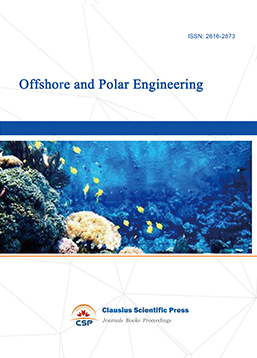
-
Physical and Human Geography
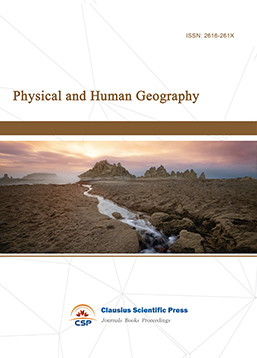
-
Journal of Atmospheric Physics and Atmospheric Environment
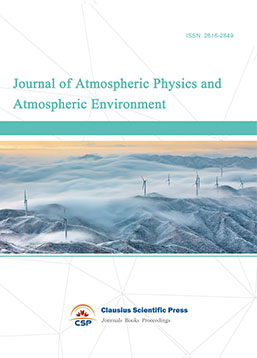
-
Trends in Meteorology
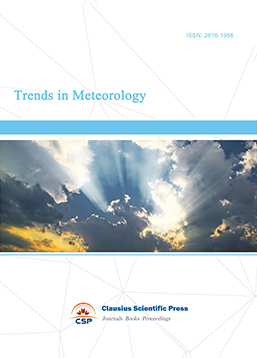
-
Journal of Coastal Engineering Research
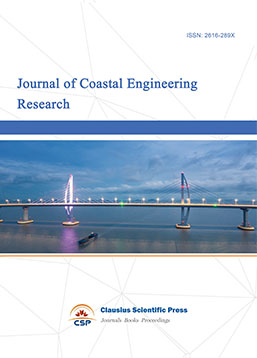
-
Focus on Plant Protection
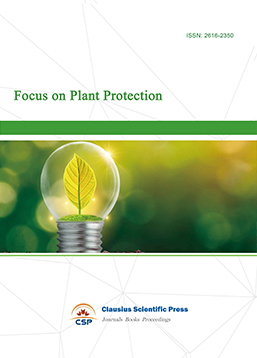
-
Toxicology and Health of Environment
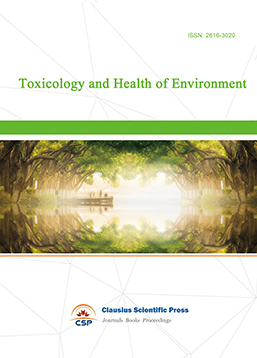
-
Advances in Physical Oceanography
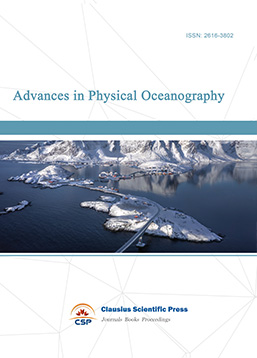
-
Biology, Chemistry, and Geology in Marine
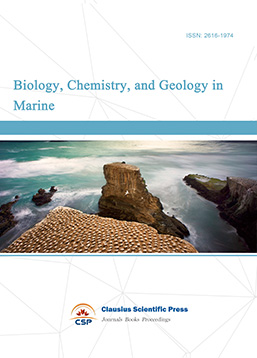
-
Water-Soil, Biological Environment and Energy
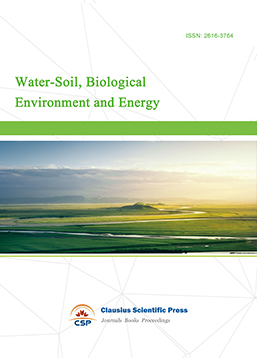
-
Geodesy and Geophysics
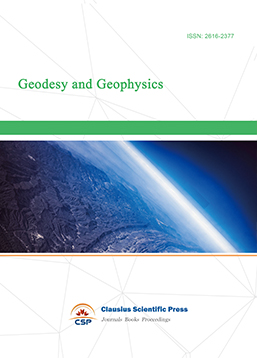
-
Journal of Structural and Quaternary Geology
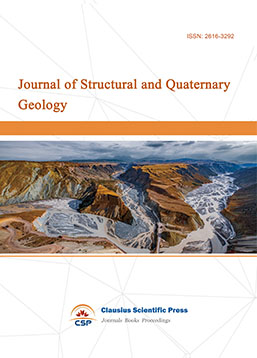
-
Journal of Sedimentary Geology
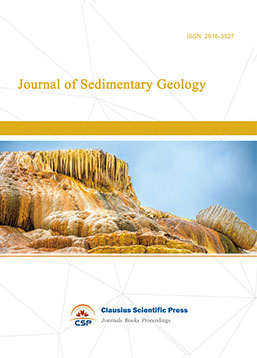
-
International Journal of Polar Social Research and Review
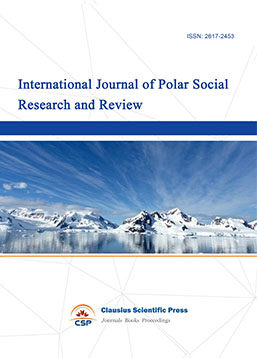

 Download as PDF
Download as PDF